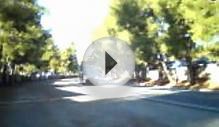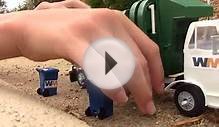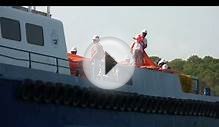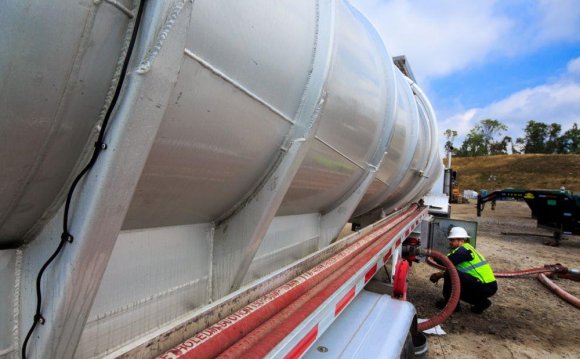
Northwestern Landfill, Inc. of Parkersburg, West Virginia is owned and operated by Waste Management and provides solid waste disposal facilities located at Route 50 East, Wood County, West Virginia.
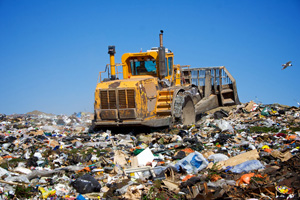
Local Landfill Facts
- 13, 635 tires
- 20 tons of TVs
- 50 tons of appliances
- Residential waste– 70, 198 tons
- Commercial waste- 48, 881 tons
- Industrial waste- 22, 694 tons
- Construction and Demolition Debris– 22, 421 tons
- Industrial Sludge – 13, 409 tons
- Free Days – First Saturday of each month, 6am until 2pm, Northwestern Landfill accepts only the first 516 lbs. of household trash at no charge. West Virginia RESIDENTIAL CUSTOMERS ONLY !
- DEP open dumps and county cleanups– 426 tons
Northwestern Fee's
- $42.05 per ton for WV residents
- $44.05 per ton for Ohio residents
Landfill Hours of Operation
Mon thru Friday 7:00 a.m. until 4 p.m.
Saturday 6:00 a.m. until noon Free Saturdays (first Sat of each month) 6:00 until 2 p.m.
Landfill Facts
Modern landfills are well-engineered facilities that are located, designed, operated, and monitored to ensure compliance with federal regulations. Solid waste landfills must be designed to protect the environment from contaminants which may be present in the solid waste stream. The landfill siting plan—which prevents the siting of landfills in environmentally-sensitive areas—as well as on-site environmental monitoring systems—which monitor for any sign of groundwater contamination and for landfill gas—provide additional safeguards. In addition, many new landfills collect potentially harmful landfill gas emissions and convert the gas into energy.
Municipal solid waste landfills (MFWLFs) receive household waste. MSWLFs can also receive non-hazardous sludge, industrial solid waste, and construction and demolition debris. All MSWLFs must comply with the federal regulations in 40 CFR Part 258 (Subtitle D of RCRA), or equivalent state regulations. Federal MSWLF standards include:
- Location restrictions—ensure that landfills are built in suitable geological areas away from faults, wetlands, flood plains, or other restricted areas.
- Composite liner requirements—include a flexible membrane (geomembrane) overlaying two feet of compacted clay soil lining the bottom and sides of the landfill, protect groundwater and the underlying soil from leachate releases.
- Leachate collection and removal systems—sit on top of the composite liner and removes leachate from the landfill for treatment and disposal.
- Operating practices—include compacting and covering waste frequently with several inches of soil help reduce odor; control litter, insects, and rodents; and protect public health.
- Groundwater monitoring requirements—requires testing groundwater wells to determine whether waste materials have escaped from the landfill.
- Closure and postclosure care requirements—include covering landfills and providing long-term care of closed landfills.
- Corrective action provisions—control and clean up landfill releases and achieves groundwater protection standards.
- Financial assurance—provides funding for environmental protection during and after landfill closure (i.e., closure and postclosure care).
Some materials may be banned from disposal in municipal solid waste landfills including common household items such as paints, cleaners/chemicals, motor oil, batteries, and pesticides. Leftover portions of these products are called household hazardous waste. These products, if mishandled, can be dangerous to your health and the environment. Many municipal landfills have a household hazardous waste drop-off station for these materials.
RELATED VIDEO
